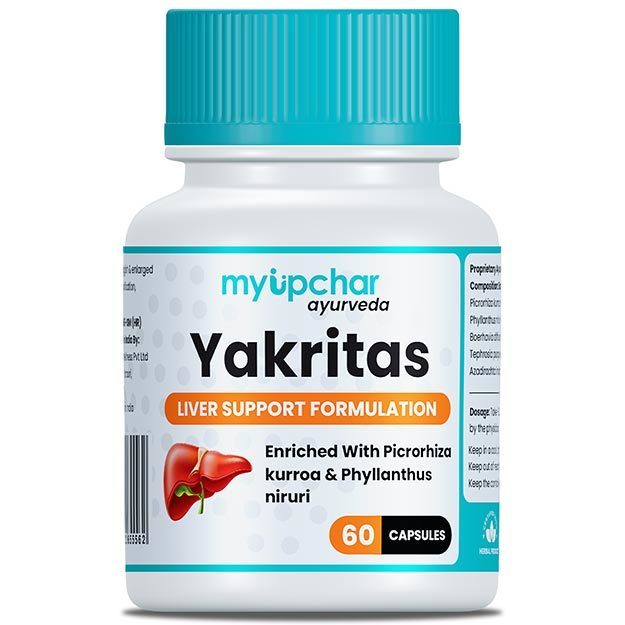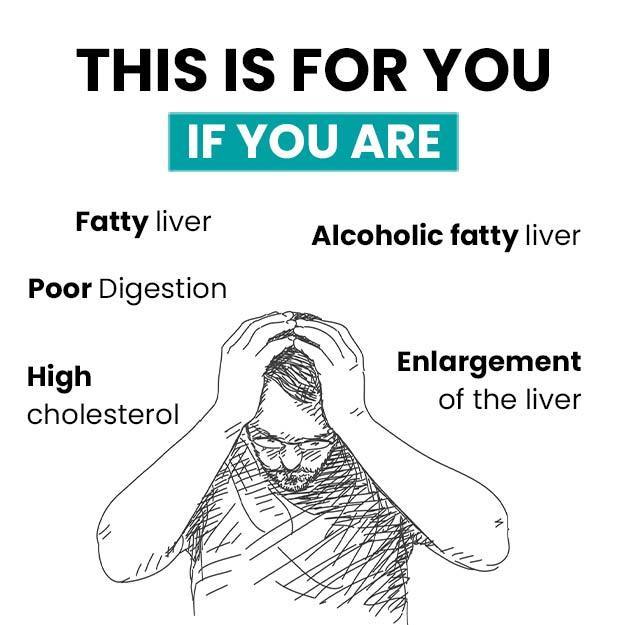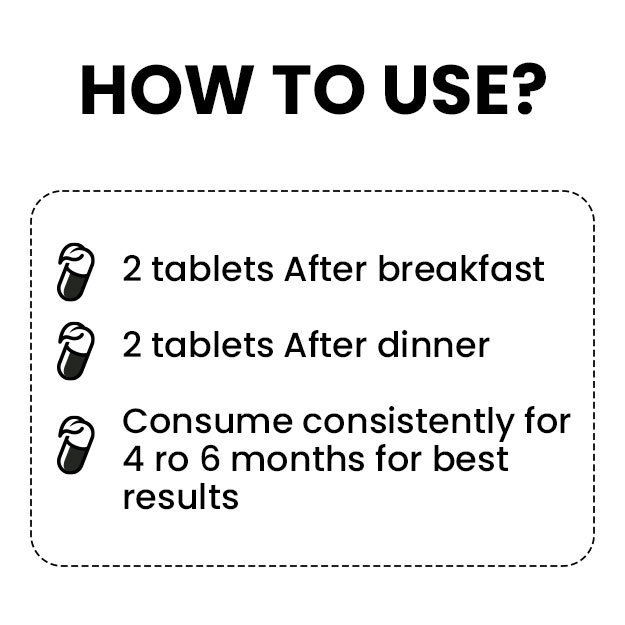What is Bence Jones Protein test?
Bence Jones Proteins (BJP) are abnormal fragments of antibodies (proteins) found either in blood or urine. In healthy conditions, BJP fragments are not present independently in the body; instead, they are a part of the antibodies, which are too large to be filtered through the kidneys. However, in certain conditions, there can be increased production of independent BJP, which are small enough to be filtered through kidneys. Consequently, in such conditions, BJP will be present as an independent protein in blood as well as in urine as it gets filtered through kidneys.
Increased production of BJP can occur due to a tumour in BJP-producing cells such as multiple myeloma. Thus, BJP test is used to diagnose the presence of a tumour. These tumours are generally related to the fighter (plasma) cells of the body, whose function is to produce antibodies. Tumours in fighter cells can also cause bone damage and increase calcium in blood. This would also affect kidneys.



















